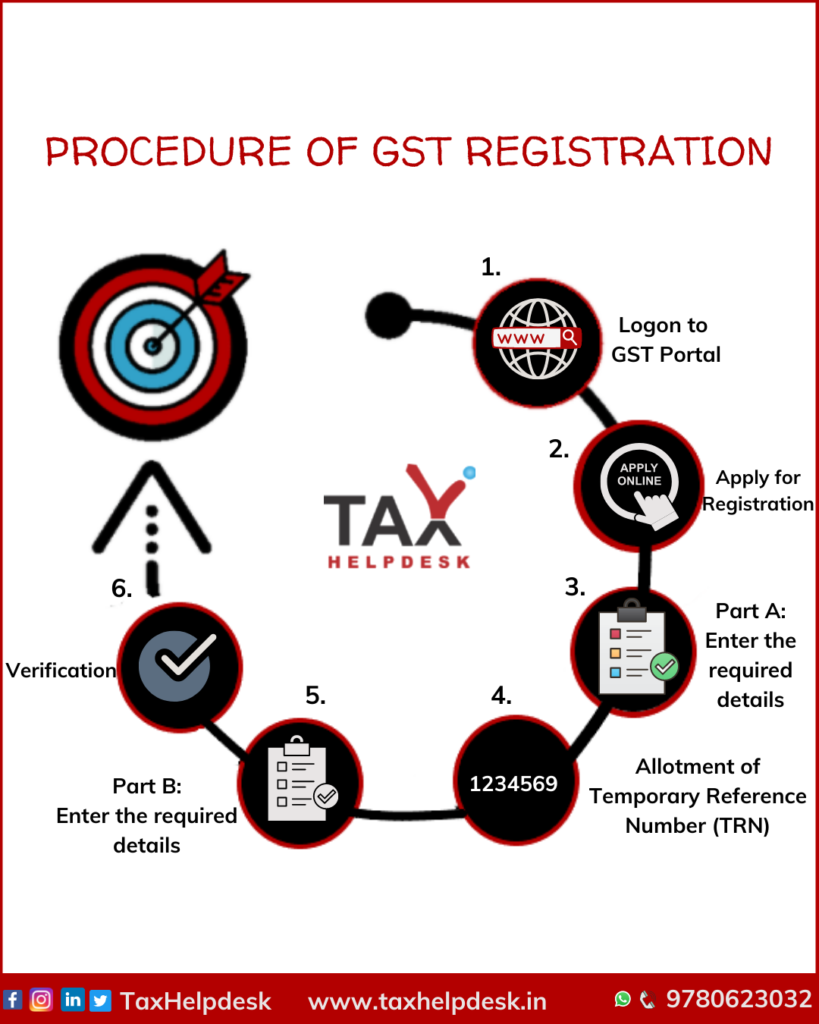From Beginning to Finish: A Comprehensive Review of GST Registration and Just How to Successfully Register Your Service
Browsing with the intricate process of GST enrollment can be a vital action for any kind of company seeking to establish compliance and authenticity in the market. Why choose CFO Account & Services for GST registration in Singapore. From comprehending the essential ideas of GST to satisfying the eligibility standards and gathering the necessary paperwork, the trip in the direction of successful registration can often seem like a daunting task. With the appropriate guidance and insights, companies can simplify this process and unlock the benefits that come with being a registered entity.
Comprehending GST and Its Relevance
Comprehending the Goods and Services Tax Obligation (GST) and its relevance is vital for services operating in economies where this tax system is executed. By allowing organizations to assert input tax credit reports on the tax paid on acquisitions, GST makes sure that tax obligations are computed only on the worth added at each phase of the supply chain.
Moreover, GST promotes conformity and transparency in the tax obligation routine, reducing tax evasion and boosting government profits. It simplifies tax obligation management and compliance for businesses by giving a common system for tax obligation declaring and repayment. Overall, a thorough understanding of GST is critical for companies to properly navigate the intricacies of the tax system and make sure conformity with the law.
Eligibility Requirements for GST Enrollment
To register for GST, services must satisfy particular qualification criteria detailed by the tax obligation authorities. The primary requirement for GST enrollment is that business's accumulated turnover goes beyond the threshold set by the government, which differs by state. Since the existing guidelines, organizations with an annual turnover of Rs. 40 lakhs or even more in the majority of states must register for GST. For companies operating in sloping areas and northeastern states, the threshold is Rs. 20 lakhs. In addition, particular businesses, such as those involved in inter-state supply of products or services, casual taxed individuals, and non-resident taxed individuals, are called for to sign up for GST despite their turn over.
Furthermore, services included in supplying goods or solutions with ecommerce systems are also mandated to register for GST, regardless of their turn over. Services that were registered under the previous tax obligation routine, such as VAT, import tax duty, or service tax obligation, should transition their enrollment to GST. Following these eligibility criteria is crucial for organizations seeking to adhere to the GST guidelines and prevent any type of fines for non-compliance.
Papers Needed for GST Registration
In addition, documents confirming the identity and address of the marketers or partners entailed in the business, such as frying pan card, Aadhaar card, or ticket, are essential for GST registration. Financial institution account declarations or canceled cheques showing the name of the company, account, and address number are additionally necessary to confirm the checking account details supplied throughout registration.
Guaranteeing all the needed papers remain in order and conveniently offered will streamline the GST registration procedure and aid companies avoid delays or complications.
Online Enrollment Refine for GST

After completing the kind, supporting documents require to be posted according to the standards supplied. These documents generally consist of evidence of organization registration, address evidence, financial institution click for more info declarations, and identification proof of business proprietor. It is important to guarantee that all files are clear, legitimate, and submitted in the defined format to prevent hold-ups in the registration procedure.
Once the application and papers are sent, companies can track the standing of their GST registration online. If there are no concerns or additional details needed, the GST enrollment certification will be issued digitally, noting the effective completion of the on the internet enrollment process.
Post-Registration Compliance and Tips

Organizations must stay upgraded on any changes in GST laws, rates, or conformity procedures to make essential modifications promptly. Looking for expert aid from tax consultants or accounting professionals can likewise aid organizations navigate intricate GST compliance needs efficiently.
Final Thought
In conclusion, the process of GST registration is necessary for businesses to abide by tax obligation regulations and operate legally. By understanding the eligibility standards, collecting the required papers, and finishing the online registration process, organizations can successfully register for GST. It is essential to remain certified with post-registration needs and look for specialist guidance when needed to make certain smooth operations.
Businesses that were registered under the previous useful site tax program, such as Barrel, excise responsibility, or service tax, should shift their enrollment to GST. The vital files required for GST registration include proof of company enrollment or consolidation such as the Certificate of Consolidation, collaboration action, or registration certificate.Upon successful completion of the GST registration process, organizations need to immediately stick to post-registration compliance demands to preserve regulative compliance and guarantee smooth operations.In verdict, the procedure of GST enrollment is crucial for businesses to comply with tax obligation laws and run lawfully. By comprehending the eligibility criteria, gathering the necessary records, and finishing the on the internet registration procedure, organizations can successfully register for GST.
Comments on “Unlock the Advantages of GST Registration in Singapore with CFO Account & Services”